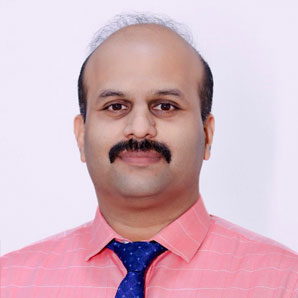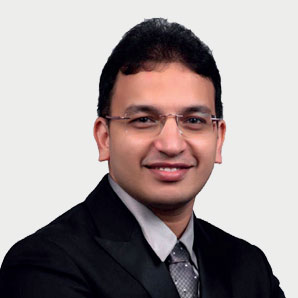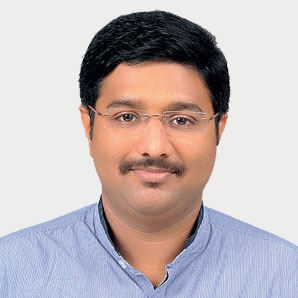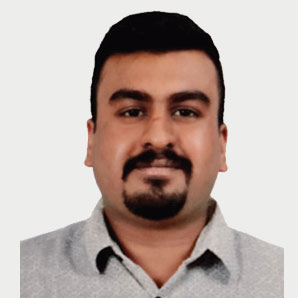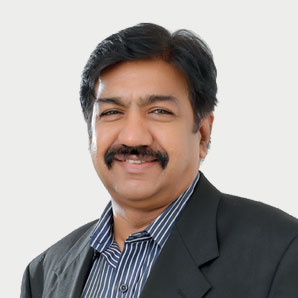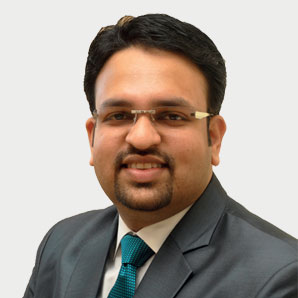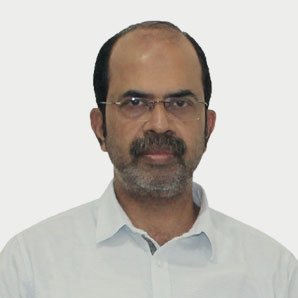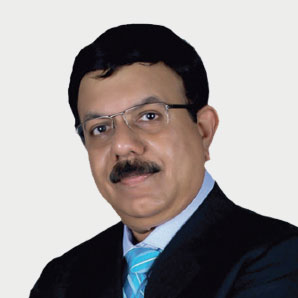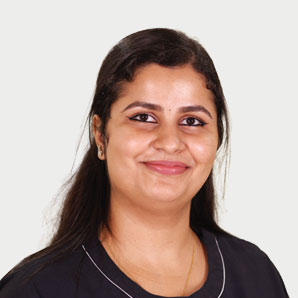Blogs
Unmasking Bell's Palsy: Understanding Causes, Symptoms, and Treatment Options

Bell’s palsy is a form of facial paralysis of acute onset due to the dysfunction of cranial nerve 7 – facial nerve. There is an inability to control the facial muscles of the affected side, leading to inability to close the eyes, deviation of face angle of mouth, drooping of eyelid, drooling, difficulty to smile and make other facial expressions, difficulty to eat and drink, twitching of muscles of face, etc. Other difficulties include bell’s palsy symptoms such as dry eye, dry mouth, headache and earache, intolerance to loud sound, and loss of taste in one side of the tongue. Many individuals often ask, “is Bell’s palsy dangerous?” While it can be alarming due to its sudden onset, most cases are not life-threatening and show good recovery with proper care and treatment. Understanding what is Bell’s palsy is crucial to help individuals differentiate it from more severe neurological conditions. If you are seeking care from the best ENT surgeon in Kerala, or need assistance from a reputed ENT clinic in Kerala, professional help is available at Ascent Hospital, known for its excellence in ENT care.
Bell’s palsy can affect any age group, but it is more common in adults, especially with systemic illnesses like diabetes. Males and females can be equally affected. A positive family history is seen in 6–8% of patients. It can also occur during pregnancy due to retention of fluid. The exact Bell’s palsy causes are not always known, but it is often diagnosed by exclusion — ruling out conditions such as EBV, herpes simplex, herpes zoster, vascular headaches, or ischemia. Factors like exposure to cold or emotional stress can lead to edema and compression of the microcirculation of the nerve. Autoimmune diseases or hereditary predisposition, such as a narrow facial nerve canal, may also play a role. Patients may benefit from understanding Bell’s palsy treatment options early on, as timely intervention with Bell’s palsy medication, physiotherapy, and even Bell’s palsy exercises can significantly influence recovery. For expert diagnosis and care, consulting the best ENT hospital in Kerala or the best ENT clinic in Kerala like Ascent Hospital ensures access to experienced professionals and advanced medical infrastructure.
A thorough clinical history, complete otological evaluation, blood investigations, and MRI to rule out intracranial pathologies are essential. Nerve excitability tests may be done daily to monitor nerve degeneration. Topodiagnostic tests like Schirmer's test, tests to assess sensation, stapedial reflex tests, etc., help to establish the cause and to assess the site of surgical decompression if at all required.
Bell’s palsy treatment mainly consists of reassurance, relief of earache, and care of the eyes to prevent damage to the cornea due to exposure. Physiotherapy of facial muscles helps bring back muscle tone, supported by psychological support. Medical management with steroids helps reduce nerve edema and shortens recovery time. Antiviral drugs are also given, though they are not always found to be significantly useful. Surgical treatment includes decompression of the nerve to improve microcirculation under microscopic guidance. Around 85–90% of patients recover fully, while 10–15% recover incompletely. Recovery may take 3 weeks to 1 month. Ascent is one of the top choices if you're looking for an ENT hospital in Kerala with a track record of successful outcomes in facial nerve disorders.
In addition to the mentioned treatments, patients with Bell’s palsy may benefit from other interventions such as acupuncture and electrical stimulation therapy. Acupuncture has shown promising results in improving facial muscle function and reducing pain associated with Bell’s palsy. Electrical stimulation therapy involves the use of low-level electrical currents to stimulate the affected facial muscles, which can help enhance muscle tone and promote nerve regeneration. These alternative treatments can be used in conjunction with traditional medical management to optimize the recovery process. It is important for patients to work closely with their healthcare providers to determine the most appropriate treatment plan for their specific condition
Share
Share on WhatsAppOur Professionals
Our Patient Stories
View All Testimonials





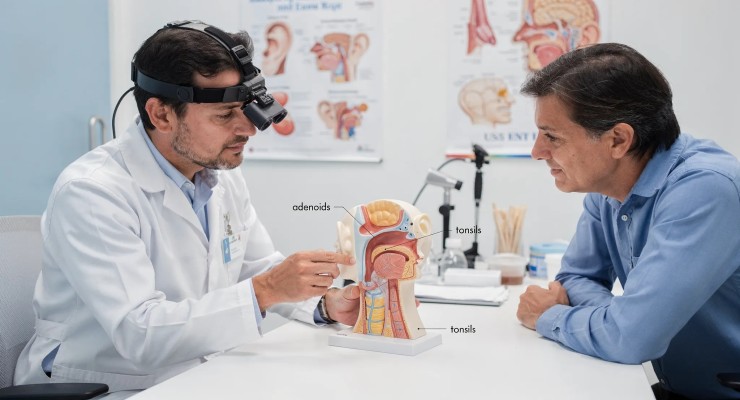

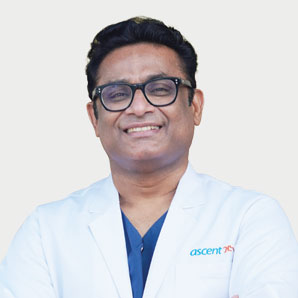

.jpeg)
